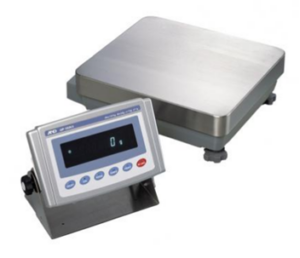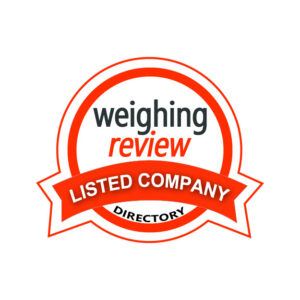Why is scale calibration so important?
Manufacturers in food, cosmetics, pharmaceuticals, and other arenas will sometimes wonder if calibrating scales on a regular basis is an essential best practice. The answer is a resounding YES. Scale calibration is crucial in manufacturing because it ensures that the weighing equipment used in production processes is accurate and precise. Inaccurate weighing can result in products that do not meet the required quality standards, which can lead to customer complaints, product recalls, and even legal liabilities. Therefore, it is essential to calibrate scales regularly (monthly, quarterly or at worst, twice a year) to ensure that the weights are correct and consistent.
At minimum, today’s scales are able to weigh to one part in 10,000. Often times, balances can weigh to one part in 300,000. That is like asking a balance to weigh a 6,000 Kg elephant precisely to within the weight of 20 paperclips. When dealing with fragrances, pharmaceuticals or even color cosmetics, those 20 paperclips make a difference.

Scale calibration is particularly important in manufacturing because products are often produced in large quantities. Even a small error in weight can have significant consequences when multiplied across a large number of products. For example, a slight overestimation of the weight of an ingredient in a food manufacturing process can result in thousands of dollars in wasted materials and lost revenue.
Additionally, many manufacturing processes require precise measurements to ensure that products meet regulatory and safety standards. For example, the automotive industry requires the use of precise weighing equipment to ensure that parts are manufactured to exact specifications. Calibration ensures that the equipment is accurate, providing the consistency and repeatability required in these industries.
Lastly, regular scale calibration can extend the lifespan of weighing equipment, reducing the need for expensive repairs or replacements. Proper calibration can help identify potential issues before they become serious problems, allowing for timely maintenance and repairs.
In conclusion, scale calibration is essential in manufacturing to ensure the accuracy and consistency of the weighing equipment used in production processes. This helps to ensure that products meet quality standards, comply with regulatory requirements, and maintain safety standards. Regular calibration can also extend the lifespan of weighing equipment, reducing the need for expensive repairs or replacements.
Our sister company, Integrated Scale Systems, offers all the tools and services you need to maintain your scales; including service and calibration, as well as providing scales, balances, indicators and other tools of the trade.